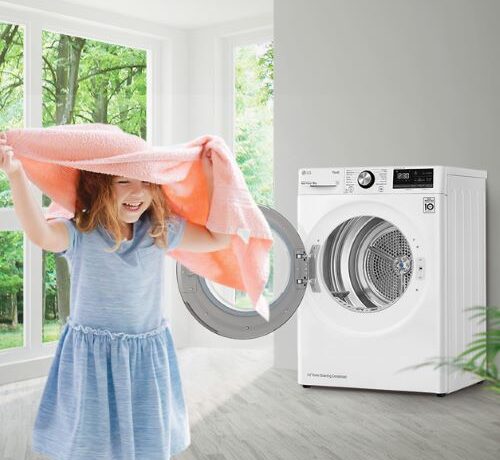Fine Hygienic Holding Makes Significant Sustainable Savings

Fine Hygienic Holding (FHH), the leading provider of hygienic products in the MENA region, has been awarded CHEP’s Sustainability Certificate, recognising its incredible environmental achievements. This long-standing partnership between the companies has yielded remarkable results, underscoring the commitment of both companies to promote a greener future.
Over the past year, FHH has saved an impressive 119,284 dm3 of wood resources, effectively reducing deforestation and preserving the planet’s natural habitats. Furthermore, by using CHEP’s pooled pallets instead of white wood pallets[1], FHH has eliminated 722,596 kgs of carbon dioxide emissions, contributing to the fight against climate change. In addition, waste reduction efforts have resulted in a substantial decrease of 52,402 kgs.
Aligned with the Sustainable Development Goals (SDGs) outlined by the United Nations, FHH has set ambitious sustainability targets to drive positive change within its industry. The company is committed to minimising its environmental impact and promoting sustainable practices throughout its operations. The partnership with CHEP, the global leader in supply chain solutions, plays a pivotal role in helping FHH achieve these targets and contribute to a more sustainable future.
Emran Al Hadid, Supply Chain Manager UAE and LG at FHH, expressed his appreciation for the collaboration with CHEP and its positive impact on the company’s sustainability efforts, stating, “We believe that working together with like-minded partners such as CHEP is essential to driving meaningful change in our industry. We certainly see the potential for overall supply chain cost savings with CHEP, but what truly excites us is the opportunity to align with a sustainability-focused company that can actively support us in achieving our environmental objectives.”
Angus Robertson, Country General Manager CHEP Middle East added, “CHEP is proud to be a long-standing partner to FHH, supporting their sustainability journey and contributing to their impressive results. We firmly believe in the power of collaboration and leveraging our expertise to drive sustainability across supply chains. Our partnership with FHH exemplifies this commitment and sets an example for the entire industry.”
Through this collaboration, FHH and CHEP are demonstrating that sustainability and business growth can go hand in hand. By placing a priority on environmental stewardship, FHH not only meets its commitment to future generations but also demonstrates a responsibility that others in the industry can learn from and be inspired by.
[1] CHEP uses Life Cycle Analysis (LCA) to better understand their products environmental footprint and have commissioned a third-party independent expert, RCD Environment, to quantify the environmental benefits of the system. The LCA is a standardised, science-based tool for evaluating the environmental impact of a product through its life cycle including extraction and processing of the raw materials, manufacturing, distribution, use, recycling, and final disposal of product. CHEP pallets have the lowest environmental impact in all categories when compared to market alternatives.












